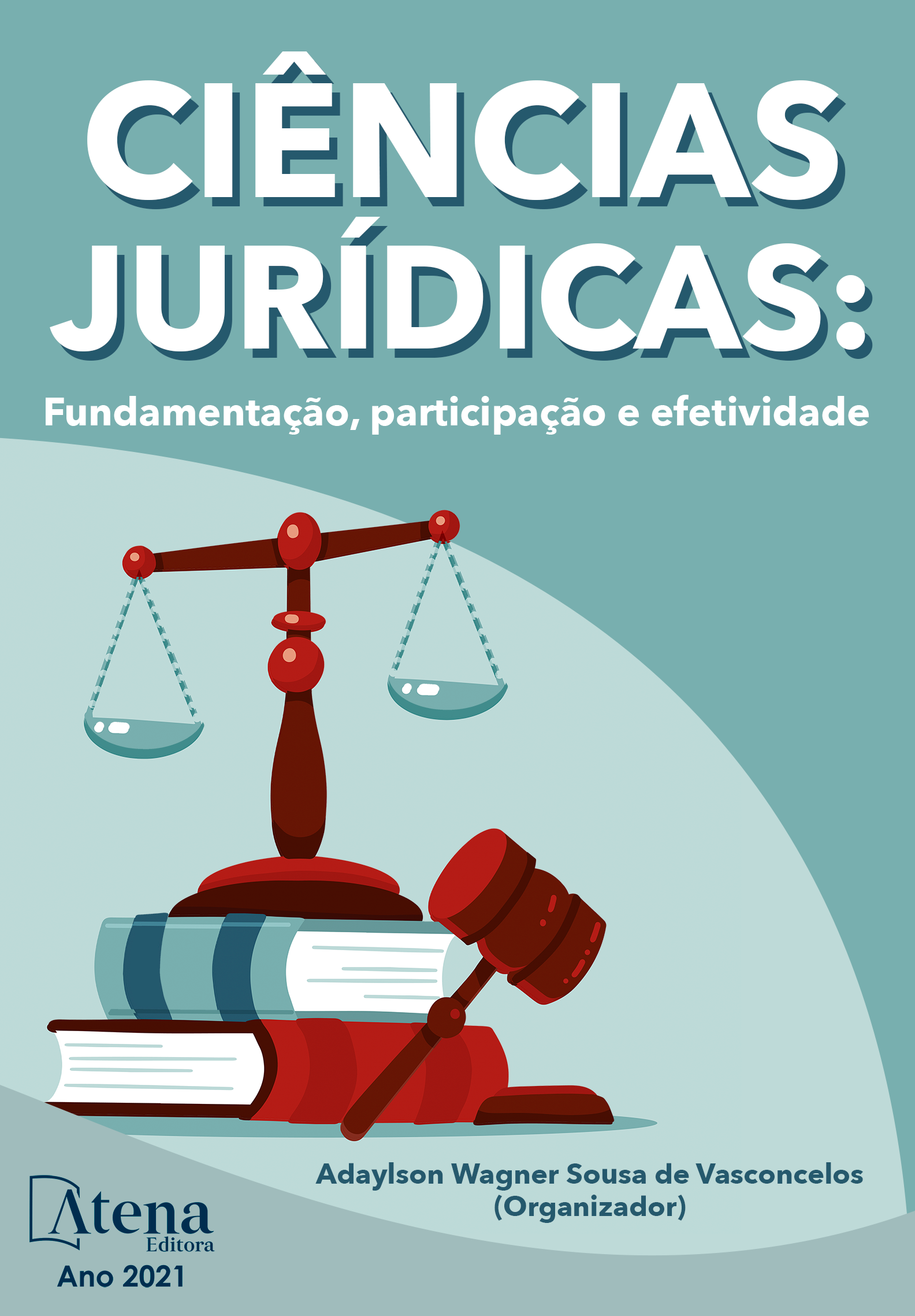
A ATUAÇÃO DAS COMISSÕES DA VERDADE E AS GRAVES VIOLAÇÕES DE DIREITOS HUMANOS: um estudo comparado entre Brasil e África do Sul
Este artigo visa compreender a atuação das comissões da verdade no Brasil e África do Sul e as diferentes abordagens da resolução de conflitos em detrimento da grave violação de direitos humanos, inclusive, utilizando de métodos distintos para reconciliação nacional através dos mecanismos da justiça de transição. Nesse sentido, a ditadura militar brasileira e o regime do apartheid foram períodos históricos que provocaram graves transgressões de direitos humanos, p. ex. perseguições políticas e segregação racial. Portanto, o estudo inicia- se abordando a atuação da Comissão Nacional da Verdade ante o contexto da ditadura civil- militar brasileira. Posteriormente, investiga o âmbito de atuação e os métodos utilizados pela Comissão da Verdade e Reconciliação (CVR) em detrimento da resolução do conflito da segregação racial durante o regime do apartheid. A metodologia utilizada foi a investigação do tipo bibliográfica, com pesquisa de abordagem qualitativa, descritiva e exploratória quanto aos objetivos. Assim, as Comissões da Verdade abordaram a justiça de transição e as violações de direitos humanos de forma diversa, enquanto o Brasil utilizou em alguns casos a justiça retributiva, a África do Sul empregou mecanismos da justiça restaurativa para enfrentar as graves violações ocorridas durante o regime do apartheid. Conclui-se que a justiça de transição no Brasil fora tratada de forma muito incipiente e tímida desconsiderado os demais mecanismos de enfretamento a violação dos direitos humanos, por exemplo, justiça restaurativa.
A ATUAÇÃO DAS COMISSÕES DA VERDADE E AS GRAVES VIOLAÇÕES DE DIREITOS HUMANOS: um estudo comparado entre Brasil e África do Sul
-
DOI: 10.22533/at.ed.8902115062
-
Palavras-chave: Justiça de transição. Violação de direitos humanos. Justiça restaurativa.
-
Keywords: Transitional justice. Human rights violation. Restorative justice.
-
Abstract:
This article aims to understand the work of truth commissions in Brazil and South Africa and the different approaches to conflict resolution to the detriment of the serious violation of human rights, including using different methods for national reconciliation through the mechanisms of transitional justice. In this sense, the Brazilian military dictatorship and the apartheid regime were historical periods that provoked the serious transgressions of human rights, p. ex. political persecution and racial segregation. Therefore, the study begins by addressing the action of the National Truth Commission in the context of the Brazilian civil- military dictatorship. Subsequently, it investigates the scope and methods used by the Truth and Reconciliation Commission to the detriment of resolving the conflict of racial segregation during the apartheid regime. The methodology used was the bibliographic research, with qualitative, descriptive and exploratory approach research regarding the objectives. Thus, the Truth Commissions approached transitional justice and human rights violations differently, while Brazil used in some cases retributive justice, South Africa employed restorative justice mechanisms to address the serious violations that occurred during the regime. from apartheid. It is concluded that transitional justice in Brazil had been treated in a very incipient and timid manner, disregarding the other mechanisms of coping with the violation of human rights, for example, restorative justice.
-
Número de páginas: 10
- Newton de Menezes Albuquerque
- Vinicius Holanda Melo


